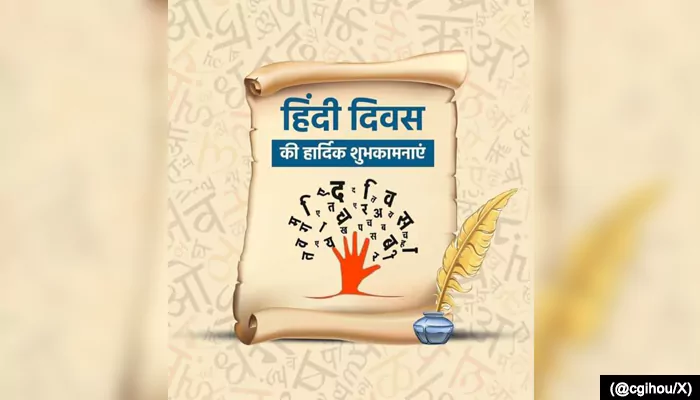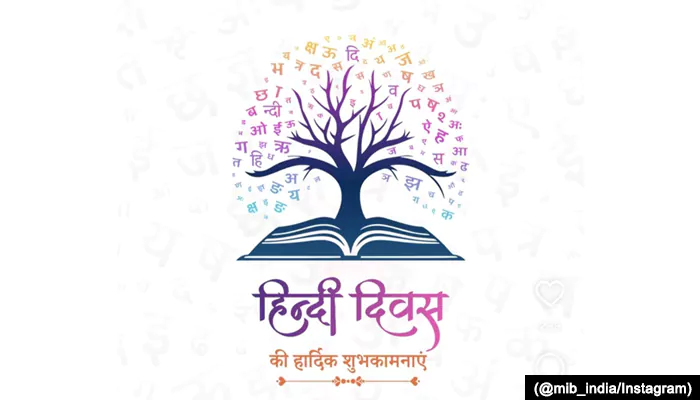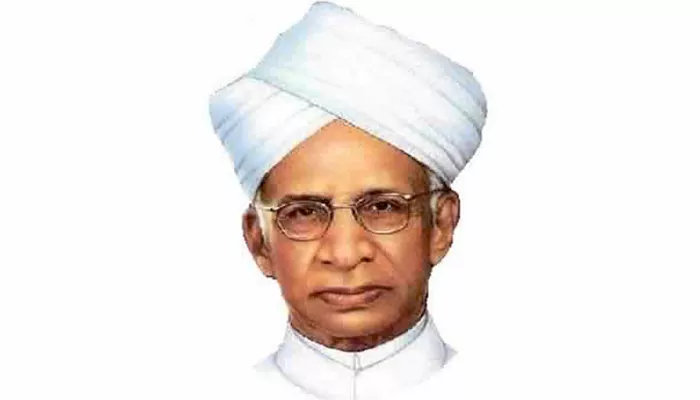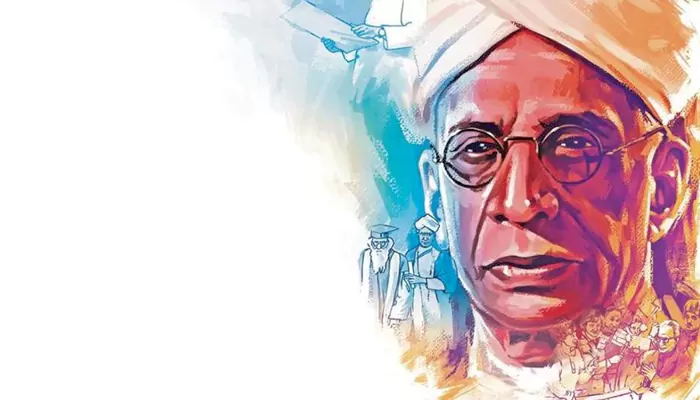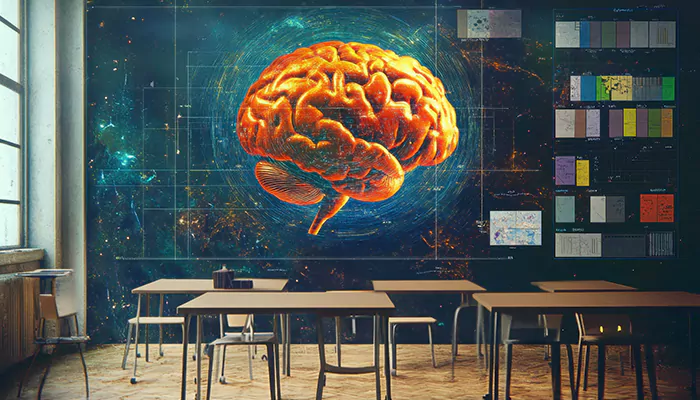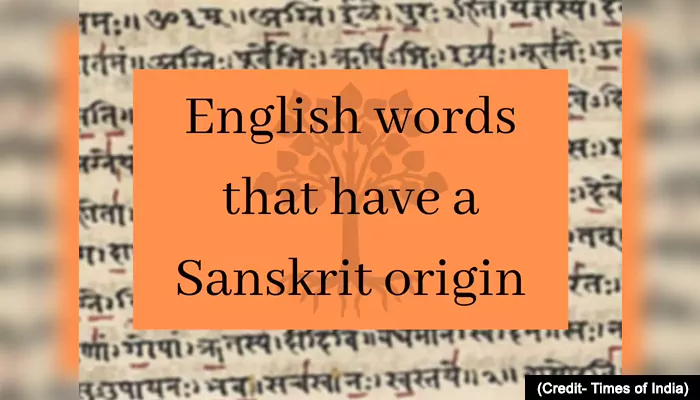Amartya Sen's Birthday: The Nobel Laureate's Books That Everyone Should Read
- Soham Halder
- 1 year ago
- 3 minutes read

(Credit - X/@TimesNow)
The genius economist and Nobel laureate, Amartya Sen was born today.
‘Amartya' means ‘immortal’ in Bengali language, and so is the contribution of Amartya Sen in global economy. Born in Shantiniketan, West Bengal in the year 1933, Amartya Sen became one of the greatest economists in the world. Amartya Sen is considered one of the most influential writers on society and economics today. His writings provide readers with a new perspective on individual rights, societal norms as well as impact on the underprivileged. On his birthday today, we will discuss about some important books written by the economist that everyone should read.

(Credit - Indian School of Public Policy)
Development as Freedom (1999):
The 1998 Nobel Prize winner’s “Development as Freedom” provides an interesting framework for understanding the overall economic development in the ongoing century. The author argues that “freedom is both the ultimate goal and the most efficient means of sustaining economic life”. Sen highlighted on the possibility and need of maintaining social accountability as well as human development. While describing the global economy, he mentioned about the importance of freedom in economic development. If you want to understand the interplay between economics and social welfare, you must go through this book.

(Credit - www.antoineonline.com)
Collective Choice & Social Welfare (1970):
It is another important book highlighting the “impossibility theorems”, present in the social choice theory, which is practically hosting the “possibility of democratic and reasoned social choice”. This book has influenced numerous international organizations including United Nations to work for human development. The book addresses some of the critical such as measuring income inequality, sustainability of majority principle, social choices, and so on. The latest print, up-to-date and far-reaching overview have also been discussed.

(Credit - Flipkart)
Rationality and Freedom (2002):
In social science, freedom and rationality are considered as the most “profound” concepts. Often described as the best book by Dr. Amartya Sen, Rationality and Freedom brings out enormous clarity about societal issues. The book depicts ‘freedom’ as a ‘concept’ and how it can never be ‘assessed independently of a person’s valuations and preferences’. The requirements of rationality in social choice and individual choice have also been explained in unique way. The author identified reciprocity in the relationship between freedom and rationality. The book is currently available in two volumes.

(Credit - Amazon.com)
The Idea of Justice (2009):
The book discusses important concepts like ‘what a just society looks like’ as well as identifying the injustice. Through ‘transcendental institutionalism’, the author provided a brand new perspective on the principles of ‘justice’.
On Ethics And Economics (1987):
The author discussed about how our morality should drive economic decisions as well as national policies for overall growth of the society.

(Credit - Amazon.com)
The Argumentative Indian (2005):
Are you interested to learn the real stories of India? This book by Amartya Sen provides a detailed view of India's intellectual legacy, secularism, along with cultural and social issues. This book is written in a format of 16 short essays.
Reading these books can be an interesting way of realising Amartya Sen’s radical philosophies and ideologies.
Let's conclude this article with an exciting trivia. The name ‘Amartya’ was actually given by India's first Nobel laureate and writer of national anthem, Rabindranath Tagore.

